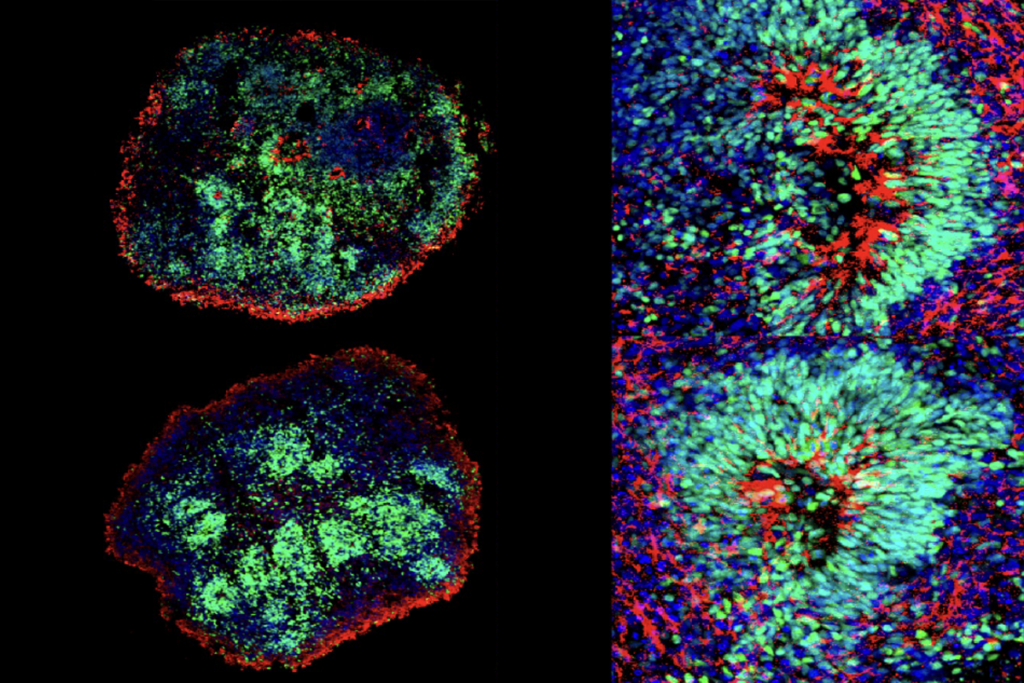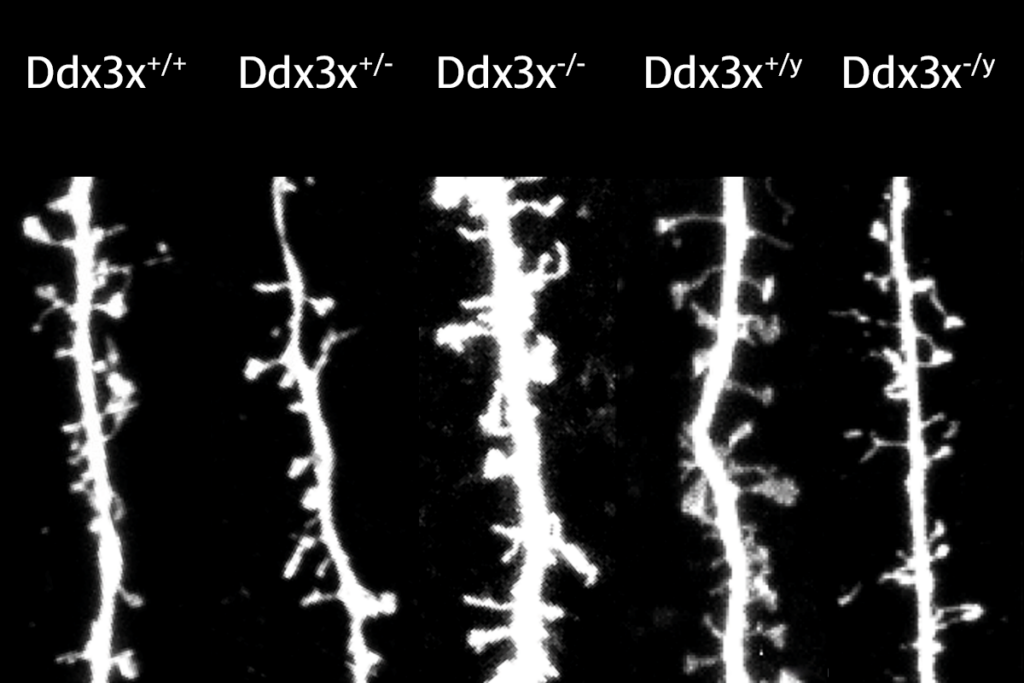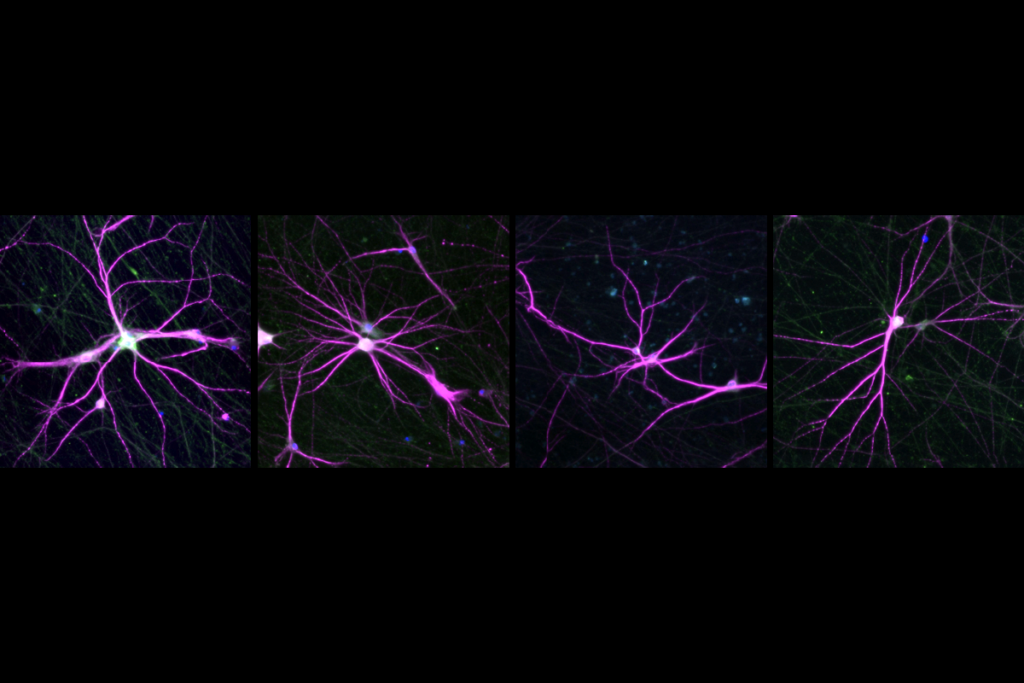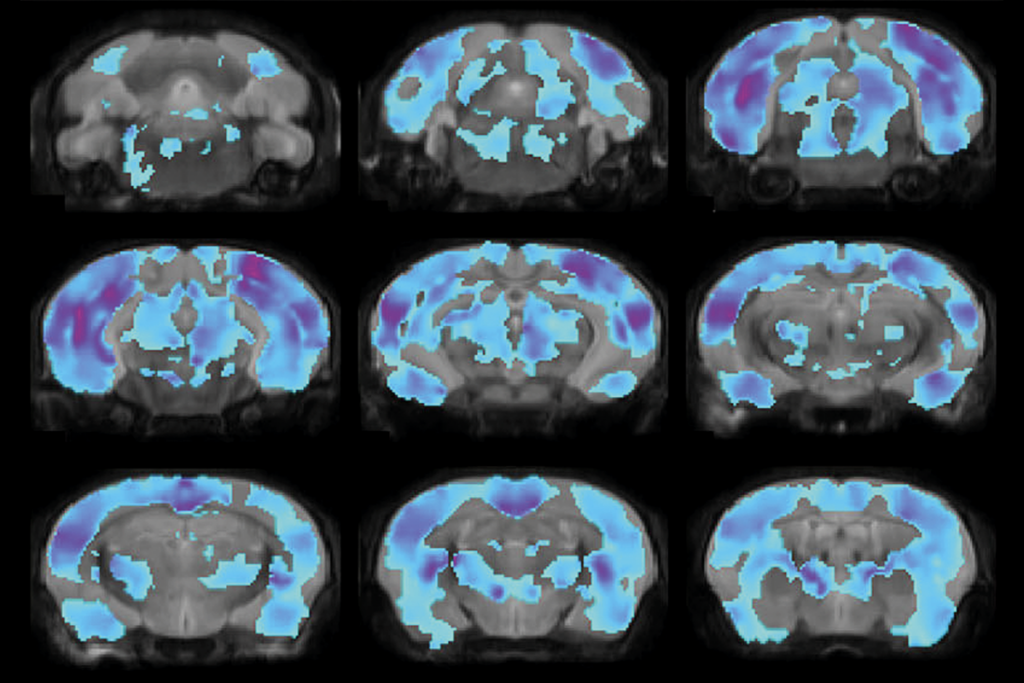Jill U. Adams is a freelance science journalist based in Albany, New York. She covers health, mental health and biomedical research for such publications as The Transmitter, The Washington Post, Scientific American, Undark and The Scientist. She has a Ph.D. in pharmacology from Emory University in Atlanta, Georgia.

Jill Adams
Contributing writer
From this contributor
Altered visual processing in a mouse model of fragile X syndrome; and more
Here is a roundup of autism-related news and research spotted around the web for the week of 16 June.

Altered visual processing in a mouse model of fragile X syndrome; and more
Convergent effects of autism-linked genes in zebrafish; and more
Here is a roundup of autism-related news and research spotted around the web for the week of 9 June.

Convergent effects of autism-linked genes in zebrafish; and more
Improving longitudinal research; and more
Here is a roundup of autism-related news and research spotted around the web for the week of 2 June.
Post-traumatic stress disorder, obesity and autism; and more
Here is a roundup of autism-related news and research spotted around the web for the week of 26 May.

Post-traumatic stress disorder, obesity and autism; and more
Cortical structures in infants linked to future language skills; and more
Here is a roundup of autism-related news and research spotted around the web for the week of 19 May.

Cortical structures in infants linked to future language skills; and more
Explore more from The Transmitter
Machine learning spots neural progenitors in adult human brains
But the finding has not settled the long-standing debate over the existence and extent of neurogenesis during adulthood, says Yale University neuroscientist Juan Arellano.

Machine learning spots neural progenitors in adult human brains
But the finding has not settled the long-standing debate over the existence and extent of neurogenesis during adulthood, says Yale University neuroscientist Juan Arellano.
Xiao-Jing Wang outlines the future of theoretical neuroscience
Wang discusses why he decided the time was right for a new theoretical neuroscience textbook and how bifurcation is a key missing concept in neuroscience explanations.
Xiao-Jing Wang outlines the future of theoretical neuroscience
Wang discusses why he decided the time was right for a new theoretical neuroscience textbook and how bifurcation is a key missing concept in neuroscience explanations.
Memory study sparks debate over statistical methods
Critics of a 2024 Nature paper suggest the authors failed to address the risk of false-positive findings. The authors argue more rigorous methods can result in missed leads.

Memory study sparks debate over statistical methods
Critics of a 2024 Nature paper suggest the authors failed to address the risk of false-positive findings. The authors argue more rigorous methods can result in missed leads.
